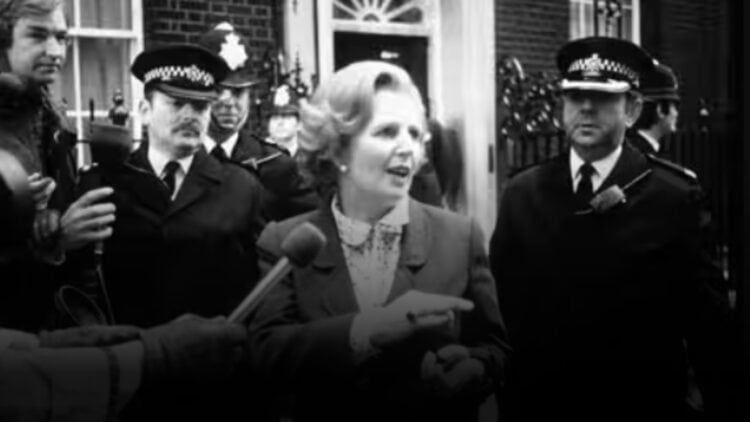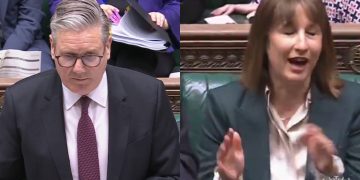The UK Labour government has announced the suspension of 30 arms export licences to Israel, citing concerns that these exports could be used by the Israeli military to violate international humanitarian law in Gaza.
Since October 2023, over 100 UK export licences for the sale of weapons, military equipment, and other controlled items to Israel have been approved. However, the decision to suspend some of these, announced by Foreign Secretary David Lammy in Parliament on Monday, represents a significant shift in British foreign policy. This move positions the UK closer to its historical stance on Israel, contrasting sharply with the previous Conservative government’s approach under Rishi Sunak.
Former Prime Minister Rishi Sunak had offered unconditional support for Israel following the 7 October Hamas-led attack. Sunak’s government consistently refused calls to restrict arms sales to Israel, even several months into an Israeli military campaign in Gaza that has resulted in over 40,000 Palestinian deaths.
Labour’s decision is not without precedent. Prime Minister Keir Starmer now becomes the sixth British leader to impose restrictions on arms sales to Israel, following the steps of previous leaders from both the Conservative and Labour parties.
Historical Context of UK Arms Restrictions to Israel
- Edward Heath (1970-1974): During the 1973 Yom Kippur War, Edward Heath’s Conservative government took an “even-handed” approach, halting weapons supplies to both Israel and its Arab adversaries. Heath’s government went further by denying US planes supplying Israel access to British military bases, seeking to avoid antagonising Arab oil suppliers.
- Margaret Thatcher (1979-1990): Although Thatcher was initially against an embargo on Israel during the 1973 conflict, her stance evolved. In 1982, following Israel’s invasion of Lebanon, her government imposed an arms embargo on Israel that lasted until 1994. Thatcher condemned Israeli actions and advocated for a balanced policy, contrasting sharply with US support for Israel at the time.
- Tony Blair (1997-2007): Blair’s government, while largely supportive of Israel, imposed a secret arms embargo in 2002 during the Second Intifada. This embargo was prompted by concerns over Israel’s use of British equipment in the occupied Palestinian territories, breaking previous assurances.
- Gordon Brown (2007-2010): Brown’s government restricted arms sales to Israel during the 2009 Gaza conflict, Operation Cast Lead, by revoking licences for weapons used by the Israeli navy. The decision was kept confidential but was later confirmed by Israeli officials.
- David Cameron (2010-2016): As prime minister, Cameron supported Israel but was willing to impose restrictions. Following the 2014 Gaza conflict, his government announced it would suspend some arms exports to Israel if the hostilities resumed. However, this decision came only after intense political pressure and the conflict’s conclusion.
The recent Labour policy under Keir Starmer moves the UK away from the more unconditional support seen during Sunak’s administration and aligns more closely with the UK’s historical pattern of placing conditions on arms sales to Israel when significant humanitarian concerns arise.
Wider Implications
The suspension of these export licences suggests a potential shift in the UK’s approach to the Israeli-Palestinian conflict and its broader foreign policy in the Middle East. While not as comprehensive as previous embargoes, it indicates a cautious recalibration that may influence other Western countries’ stances on arms sales to conflict zones.
Meanwhile, tensions between the UK and Israel could be strained further, especially given the Israeli government’s current hardline approach under Prime Minister Benjamin Netanyahu. However, UK officials have emphasized that this decision does not equate to a broader boycott of Israel or an end to all defence cooperation.
The UK’s position will continue to evolve as it balances its historic ties with Israel, its commitments to international law, and its broader diplomatic and economic interests in the Middle East.
You may also like: David Cameron ignored warnings of law breaches in Gaza, say officials







